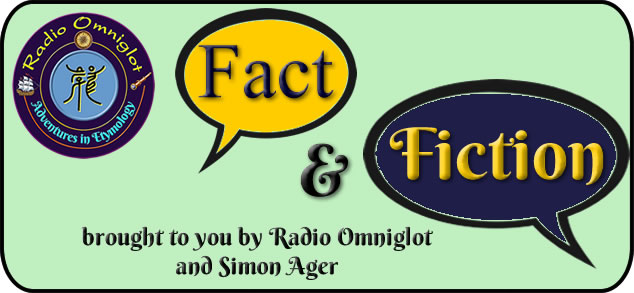Podcast: Play in new window | Download

Here’s the latest news from the world of Omniglot.
New language pages:
- Bangolan (Bǎŋgulaŋ), an Eastern Grassfields language spoken in the Northwest Province of Cameroon.
- Chopi (Cicopi), a Southern Bantu language spoken mainly in Inhambane Province in southern Mozambique.
- Palembang (Baso Pelémbang / باسو ڤليمباڠ), a Malayic language spoken in Palembang in South Sumatra Province in Indonesia.
New constructed script: Neo Alfabet, a phonetic script created by François Toulot to write almost any language.

New numbers pages:
- Bangolan (Bǎŋgulaŋ), an Eastern Grassfields language spoken in the Northwest Province of Cameroon.
- Arta, a Northern Luzon language spoken in northern Luzon in the Philippines.
New family words pages:
- Gothic (𐌲𐌿𐍄𐌹𐍃𐌺𐌰), an East Germanic language spoken in parts of Crimea until the 17th century.
- Alsatian (Ëlsässisch), a West Germanic language spoken mainly in Alsace in northeastern France.
This week on the Omniglot blog we find out when a forest is not a forest in a post called Sylvan Forests, and there’s the usual Language Quiz. See if you can guess what language this is:
Here’s a clue: this language is spoken in southern Cameroon.
The mystery language in last week’s language quiz was Yerakula (ஏறுகள), a Dravidian language spoken in Andhra Pradesh, in the southeast of India.
In this week’s Adventure in Etymology we search the ether for the elemental origins of the word Quintessence.
It’s also available on Instagram and TikTok.
On the Celtiadur blog there’s a new post entitled Pithy Marrow about words for (bone) marrow, pith and related things in Celtic languages.
For more Omniglot News, see:
https://www.omniglot.com/news/
https://www.facebook.com/groups/omniglot/
https://www.facebook.com/Omniglot-100430558332117
You can also listen to this podcast on: Apple Podcasts, Amazon Music, TuneIn and Podchaser.
If you would like to support this podcast, you can make a donation via PayPal or Patreon, or contribute to Omniglot in other ways.
Radio Omniglot podcasts are brought to you in association with Blubrry Podcast Hosting, a great place to host your podcasts. Get your first month free with the promo code omniglot.














